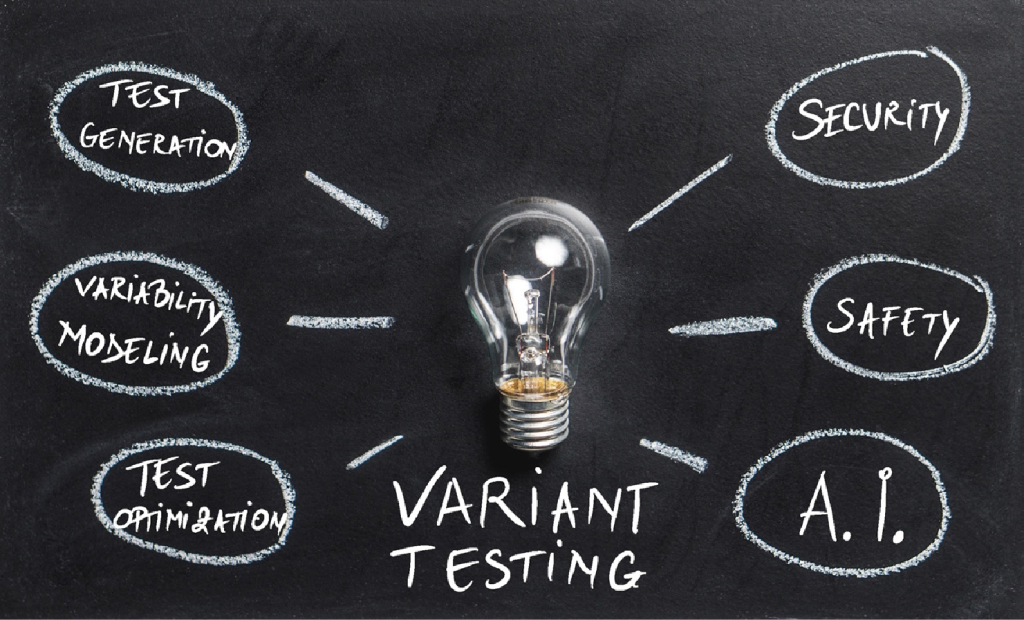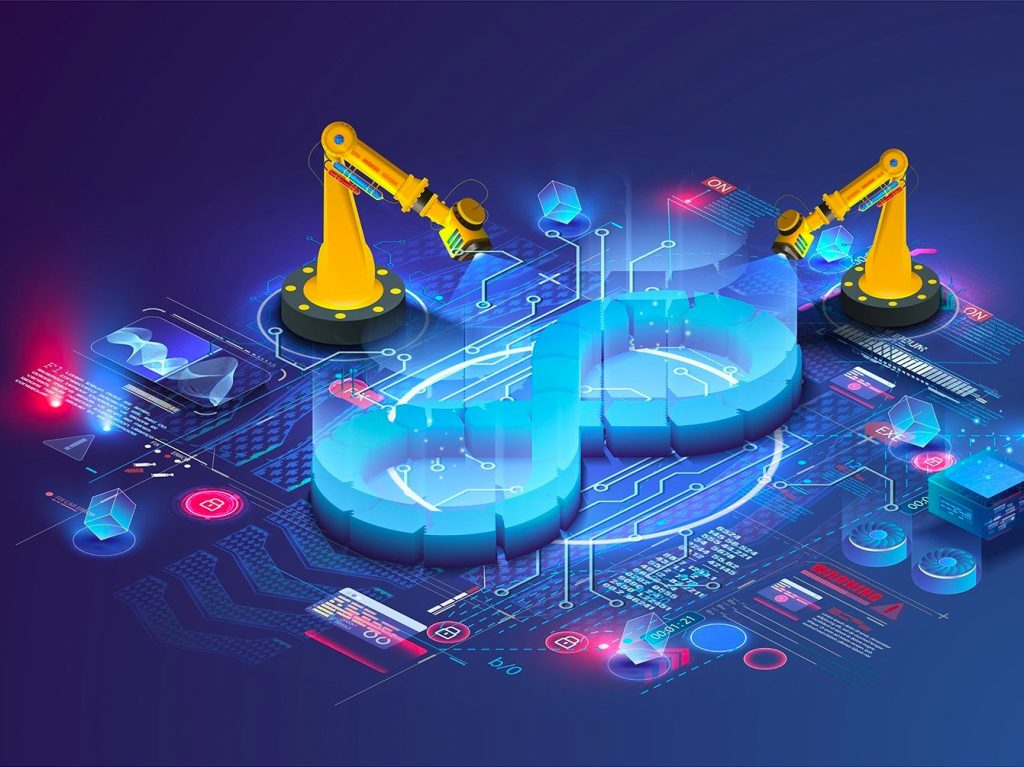Economic and Financial Models

Economics and financial institutions rely on a range of models to make predictions, run simulations, and create narratives. However, it’s important to note that the performance of these models can vary widely. While some models may provide highly accurate predictions, others may be less reliable due to their complex, non- uniform nature. Despite these limitations, […]
Portfolio Risk Estimation

Typically, risks associated with stocks are classified as either systematic or unsystematic, and these categories are commonly measured using descriptive statistical techniques that rely on standard deviation. Standard deviation, being a second statistical moment, is utilized as an indicator of the returns’ volatility. However, at Tensor Bridge Invest, we utilize inferential statistics and sequential machine […]
Intangible Value Estimation

The value of a company’s intangible assets is an essential indicator of its future revenues, M&A potential, and R&D strength. At Tensor Bridge Invest, we have extensive experience in evaluating certain intangible assets related to technology, patents, and information value. Our expertise enables us to help clients identify and leverage intangible assets to drive business […]
Work flow description

AI projects involve the application of cutting-edge technology to address new and often complex challenges, which inherently carries higher risks compared to projects in traditional fields. Reports indicate that the majority of difficulties in AI projects stem from the following factors: Overinflated Expectations: Often, there are exaggerated expectations about AI’s capacity to solve specific problems […]
Pre-study

The pre-study with Tensor Bridge has three overall goals: To define the business case: stakeholders, expected returns, market and competition To define the extend of the project in terms of technology, algorithms, staffing and costs To define success criteria for the project A pre-study for an AI project is a critical phase that helps set […]
Evaluation

An AI product undergoes evaluation at several key phases of its lifecycle, including (1) during the pre-study phase, (2) during development, (3) at the point of delivery, and (4) after a period of use. Early problem detection is crucial for cost-effectiveness. The product evaluation encompasses the following components, with the results documented in an Evaluation […]
Our Courses

To ensure your team seamlessly adapts to cutting-edge technologies, we provide comprehensive training and courses in AI. Our courses are designed to expedite understanding and implementation of AI solutions for decision-makers, users, and designers. We offer the following courses: Course 1: AI Investment Decision Enumerating the ways AI solutions can benefit your business. Assessing investment […]
Testing variant-rich systems

Across various domains, the ITEA project XIVT (eXellence In Variant Testing) has developed tools and methods for the more efficient and accurate testing of products which are highly configurable or available in many variants. Software-intensive systems are not typically designed and built from scratch per customer or order but instead appear as variants of or […]
Automated Quality Assurance

Abstract A common phenomenon in software development is that as a system is being built and incremented with new features, certain quality aspects of the system begin to deteriorate. Therefore, it is important to be able to accurately analyze and determine the quality implications of each change and increment to a system. To address this […]
Managing software quality

To accurately analyse the quality implications of each change to a software system, the ITEA project SmartDelta (Automated Quality Assurance and Optimisation in Incremental Industrial Software Systems Development) will develop automated solutions for the quality assessment of product deltas in a continuous engineering environment. Addressing the challenge Software-intensive systems are usually developed incrementally over […]